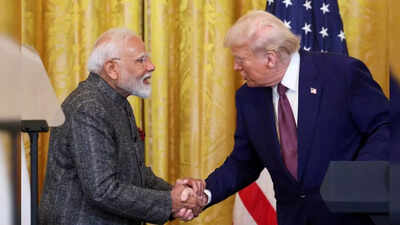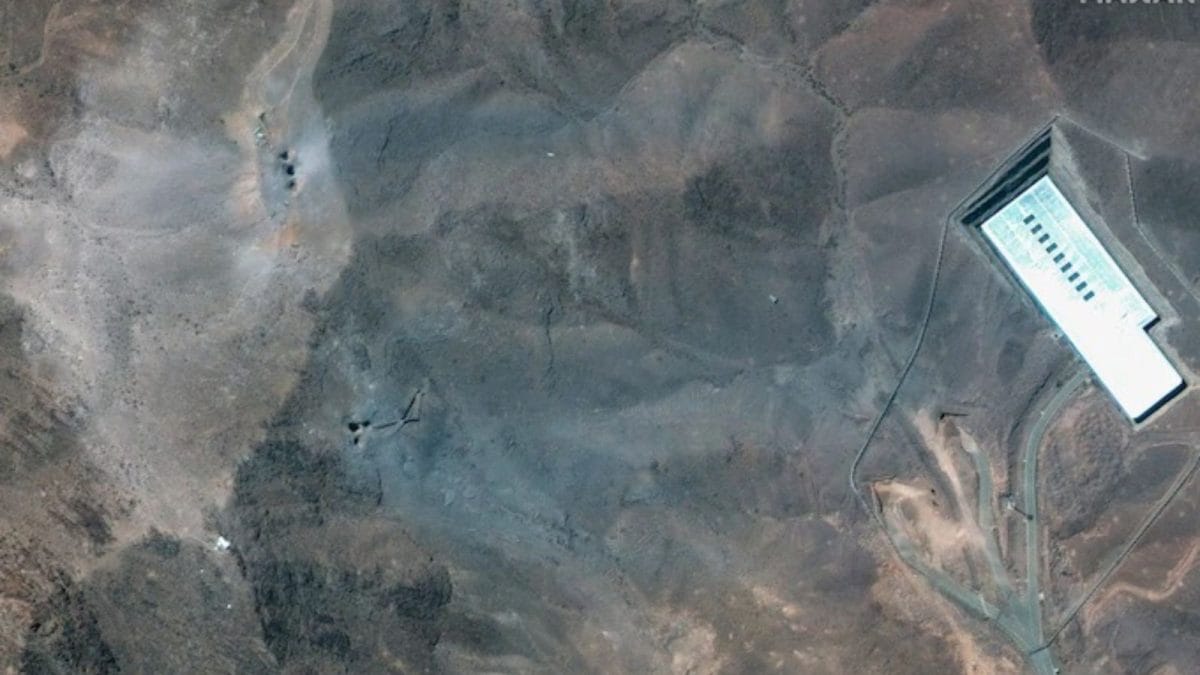ARTICLE AD BOX

As the US and India look to seal a trade deal ahead of Donald Trump’s self-imposed July 9 deadline, India seems to be resisting American pressure - joining a select group of countries refusing to budge to tactics of the world’s largest economy.While smaller economies like Vietnam have capitulated by slashing tariffs and opening markets, India can use its growing energy imports as a strategic bargaining chip, and refuse to budge on sensitive issues like agriculture, believes Swaminathan Aiyar, Consulting Editor at ET Now.
India’s ‘Trump Card’: Energy imports
According to Aiyar, India is in a far better negotiating position than most. “I really think we should be tough and hold out. Our strength is that because we are short of oil and gas, we can be among the very few countries that are going to shrink their trade deficit with the USA,” Aiyar said, according to an ET report quoting the TV channel.India’s oil imports from the US jumped to 439,000 barrels per day in June, up from 280,000 bpd the month before. That’s exactly the kind of stat Trump loves, evidence that a trading partner is helping reduce the US trade deficit.Also read:India-US trade deal: What’s the deadlock about? Top issues blocking agreement as Donald Trump’s 26% tariff deadline loomsAiyar added, “Other countries will find it very difficult because I do not think they are in a position to massively increase imports of energy.”
Agri and dairy: Red lines for India
But if Trump expects a wide-ranging trade deal, India’s agricultural sector is where things hit a wall.
Aiyar warned that any move to open India’s markets to genetically modified (GM) crops, such as GM soy, maize, and wheat, which dominate US agriculture, would trigger domestic and international consequences.“If we allow this in, then we will not be allowed to export to Europe because Europe won’t take genetically modified crops,” Aiyar was quoted as saying.The issue is politically sensitive, especially after months of nationwide farmer protests.
Any move to allow GM food imports could spark widespread backlash. So while Trump’s farm lobby is pushing hard, India is unlikely to grant access.Also read: Bold, but difficult mission! How India wants to counter China’s rare earth magnets monopoly - explained
Vietnam's deal: More optics than economics
Trump recently announced a deal with Vietnam, claiming zero-duty access and market entry. But Aiyar dismissed this as “largely theatrical.” Vietnam, he said, imports very little from the US to begin with, so zero tariffs don’t amount to much.“The plain and simple fact is that they import very little from the USA… If they say import duty on cars comes down to zero, how many American companies are going to be competitive compared with the Japanese, Koreans, or Europeans?” Aiyar asked.Vietnam was already willing to offer zero tariffs on certain goods, and Trump’s deal is more about symbolism than substance.
Japan and EU are holding firm too
India is not alone in resisting Washington’s aggressive trade agenda. Both Japan and the European Union have rejected what they see as unfair, one-sided demands from the Trump administration.“They are saying they are going to continue and have very serious problems with US proposals. We are not going to keel under,” Aiyar said.
“That sends a message to India and others, don’t cave in.”With the July 9 deadline looming, Aiyar believes Trump is more focused on the headlines than the fine print. “Even where there are partial agreements, as may be the case with India, he will play that up. He’s a performer. A stage actor,” he said.



.png)
.png)
.png)
















 5 hours ago
4
5 hours ago
4









 English (US) ·
English (US) ·